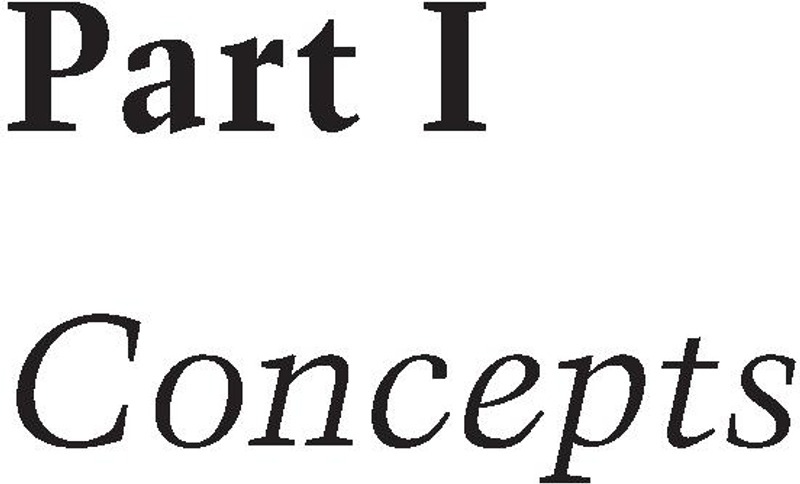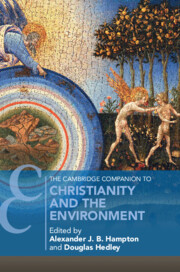Book contents
- The Cambridge Companion to Christianity and the Environment
- Cambridge Companions to Religion
- The Cambridge Companion to Christianity and the Environment
- Copyright page
- Contents
- Figures
- Contributors
- Preface
- 1 Introduction
- Part I Concepts
- Part II Histories
- Part III Engagements
- Index
- Cambridge Companions to Religion
- References
Part I - Concepts
Published online by Cambridge University Press: 21 July 2022
- The Cambridge Companion to Christianity and the Environment
- Cambridge Companions to Religion
- The Cambridge Companion to Christianity and the Environment
- Copyright page
- Contents
- Figures
- Contributors
- Preface
- 1 Introduction
- Part I Concepts
- Part II Histories
- Part III Engagements
- Index
- Cambridge Companions to Religion
- References
Summary

- Type
- Chapter
- Information
- The Cambridge Companion to Christianity and the Environment , pp. 15 - 112Publisher: Cambridge University PressPrint publication year: 2022



